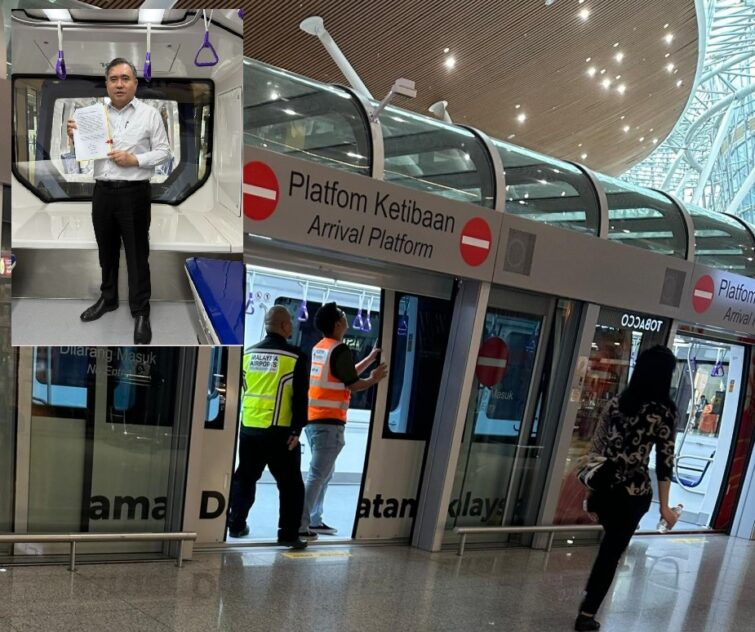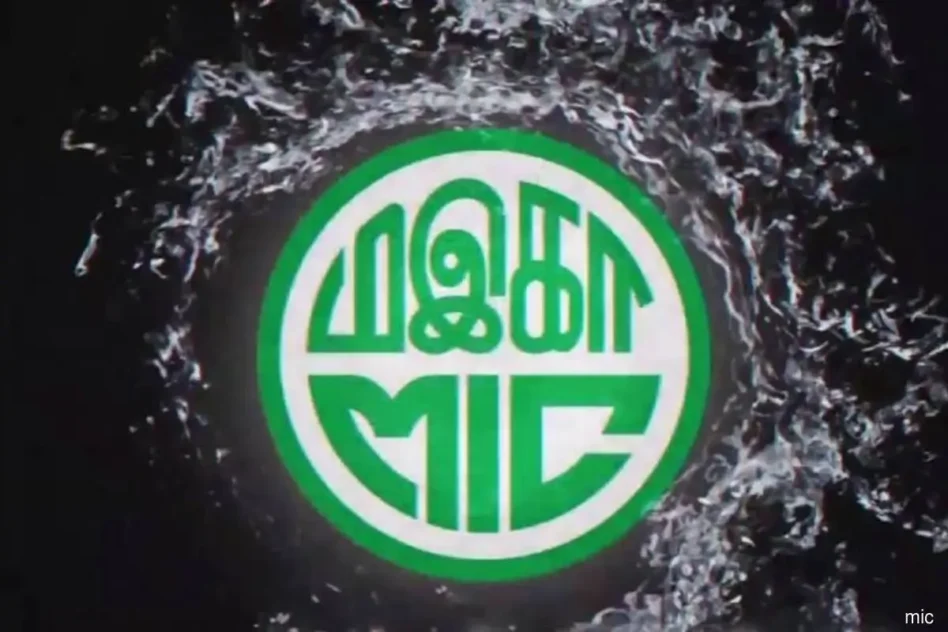THE brewery sector is expected to see a pick-up in volume in 2021, underpinned by improvements in the macroeconomic environment as well as boosts from major sporting events that have been postponed to 2021, even though the near-term outlook remains challenging.
“We believe the impact of the Covid-19 outbreak coupled with the implementation of the Movement Control Order (MCO) in Malaysia and partial lockdown in Singapore would reduce brewers’ net sales,” said TA Securities analyst Jeff Lye Zhen Xiong.
“This is because higher off-trade sales, basically sales through grocery and independent retail, are likely to be offset by declines in on-trade sales from bars, restaurants, and hotels,” he added.
According to Lye, on-trade sales make up an estimated 55% to 65% of the total revenue of brewers which is being disrupted due to the change in social habits and closure of on-trade sales locations.
At the same time, sales via online beer delivery platforms will see acceleration in growth during the MCO, due to the convenience they offer along with rising public awareness of these platforms. As such, Lye believes that home consumption of beer is set to increase in the medium term.
Channel checks also indicated that a majority of mainstream large supermarkets have beer inventories to meet consumer demand. However, a few sales outlets, which may have maintained lesser inventories prior to the MCO, are starting to run low, leading to limited variants or volumes on their shelves, with the missing variants primarily mainstream beers by Heineken Malaysia Bhd and Carlsberg Brewery Malaysia Bhd.
“If the MCO is prolonged and logistics remain disrupted, there is a real risk that the off-trade sales of brewers will also be impacted due to supply issues,” said Lye, adding that this is further compounded by the halt in beer production and logistics due to the MCO.
He noted that, in view of the near-term challenging environment, both Heineken and Carlsberg are likely to focus on cost rationalisation and efficiency improvement to reduce negative impacts on their financials.
“Given that we expect an environment with declining sales volume, we believe Heineken, which has lower operational leverage than Carlsberg, would be better shielded during this crucial period. Heineken has lower operational leverage because its semi-variable and fixed costs amount to 21% of revenue, compared to Carlsberg’s 26%,” said Lye.
Looking ahead into 2021, demand and volume growth could pick up from a low base from 2020 as the world recovers from the effects of Covid-19. Major sporting events, such as the Euro Cup and Japan Olympics, were also postponed to 2021, which may in turn boost the brewers then.
Lye believed Heineken to be a cheaper option to gain exposure in the brewery sector, which is supported by the group’s superior net profit margin of 13% for its 2020 financial year, compared to Carlsberg’s 11.6%, and a greater dividend yield of 3.9% compared to Carlsberg’s 3%.
As such, a buy recommendation is maintained on Heineken but with a lower target price of RM27.40 from a previous RM28.50. Carlsberg, on the other hand, sees a downgrade to sell from a previous buy call, with a lower target price of RM28.60 from a previous RM30.50. — April 17, 2020









